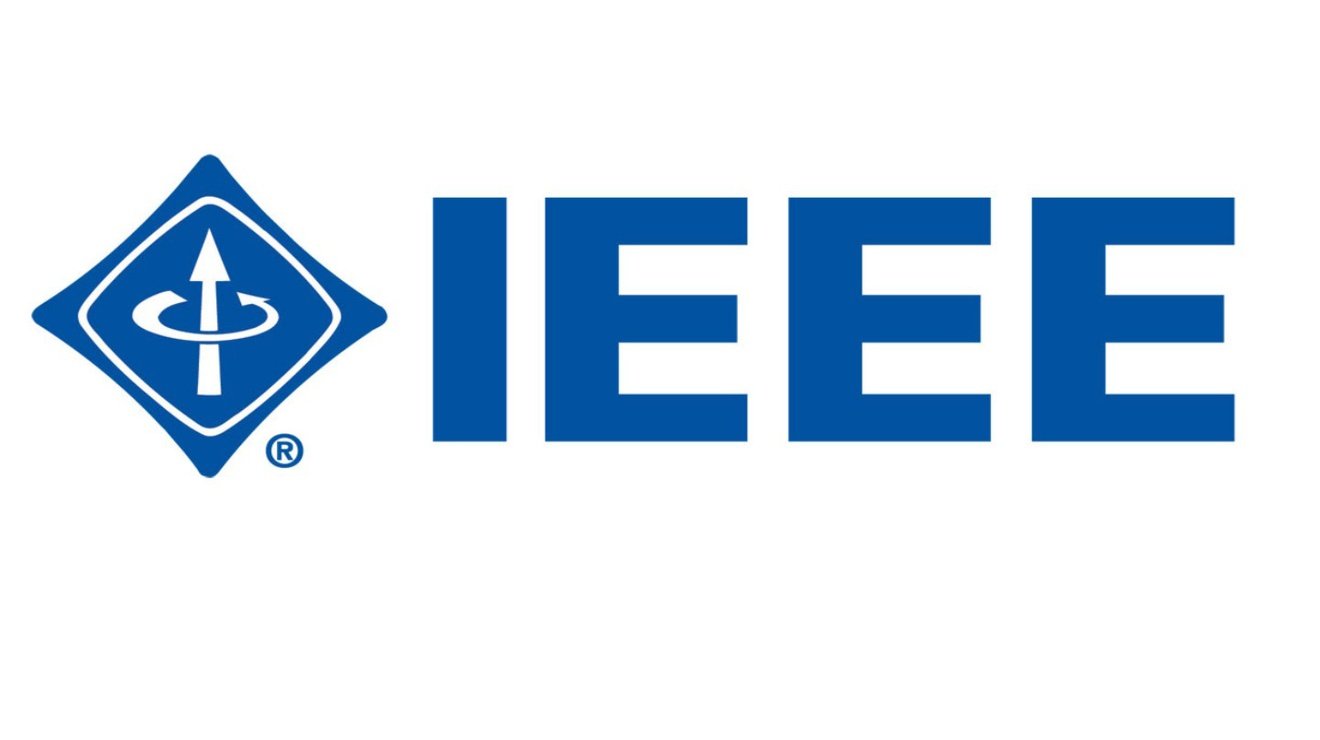ABOUT SECURE COMPUTING PROJECT 2017 – 2018
Welcome to IEEE Project Centre in Chennai, a distinguished hub for technological innovation and a fortress for secure computing. In a world where data security and privacy are of paramount concern, our commitment to safeguarding sensitive information shines brilliantly in our esteemed collection of 2017-2018 secure computing projects. During this pivotal period, our center played a vital role in advancing secure computing technologies, and these projects stand as a testament to our unwavering dedication to protecting data and pushing the boundaries of technology.
Our team of experts, researchers, and engineers at IEEE Project Centre in Chennai has dedicated themselves to crafting projects that prioritize data security and privacy. These secure computing projects encompass a wide spectrum of applications, ranging from encryption and authentication methods to the development of secure software and systems. Whether you are an organization seeking advanced security solutions, a student inspired to contribute to the realm of secure computing, or a business eager to collaborate on projects that protect your data and operations, our 2017-2018 secure computing projects offer a wealth of insights and opportunities.
Within our meticulously curated collection, you will encounter a diverse array of secure computing projects that exemplify our commitment to safeguarding the digital realm. These projects are designed to address contemporary challenges in data security, cybersecurity, and privacy. Join us on a compelling journey through the realm of secure computing projects at IEEE Project Centre in Chennai, where innovation knows no bounds, and the future is fortified with technology that prioritizes the protection of data and the assurance of privacy.
| SNO | Projects List |
| 1 | The Secure Computing Domain aims to give precise definitions characterizing the various concepts that come into play when addressing the dependability and security of computing and communication systems. |
| 2 | Clarifying these concepts is surprisingly difficult when we discuss systems in which there are uncertainties about system boundaries |
| 3 | Further-more, the very complexity of systems (and their specification) is often a major problem, the determination of possible causes or consequences of failure can be a very subtle process, and there are (fallible) provisions for preventing faults from causing failures. |
| 4 | Secure computing is a term used for making secure networks where information can be transferred in a secure manner. |
| 5 | Increasingly, individuals and organizations are developing or procuring sophisticated computing systems on whose services they need to place great trust-whether to service a set of cash dispensers, control a satellite constellation, an airplane, a nuclear plant, or a radiation therapy device, or to maintain the confidentiality of a sensitive data base |
| 7 | In differing circumstances, the focus will be on differing properties of such services-e.g., on the average real-time response achieved, the likelihood of producing the required results, the ability to avoid failures that could be cata-strophic to the system’s environment, or the degree to which deliberate intrusions can be prevented. |

